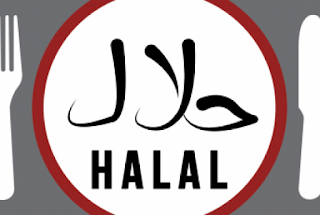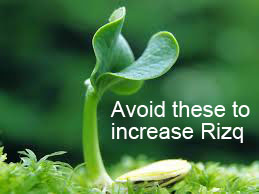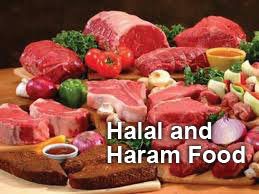What is the meaning of Halal?
HALAL in general term means permitted, allowed, authorized, approved, sanctioned, lawful, legal, legitimate or licit. The word ‘Food for Muslims’ or ‘food certified Halal’ or ‘Halal’ means it can be had or permitted for eating and must be carry all the legal documents for verification
Prophet(s) Muhammad is reported to have said:
"Halal is clear and Haram is clear; in between these two are certain things that are suspected. Many people may not know whether those items are Halal or Haram. Whosoever leaves them, he is innocent towards his religion and his conscience. He is, therefore, safe. Anyone who gets involved in any of these suspected items, he may fall into the unlawful and the prohibited. This case is similar to the one who wished to raise his animals too close to a restricted area, so that the animals may step into that area. Indeed for every landlord there is a restricted area. Indeed the restriction of Allah are the Haram." (Sahih Bukhari & Sahih Muslim)
For a product to be Halal(lawful) for Muslim consumption all its ingredients should be Halal. Follow the following list:
1. Read the ingredients on label carefully. Ingredients are listed according to the amounts present.
The first ingredient listed is present in the largest amount.
2. Identify the Halal/Haram/Mushbooh status of each ingredient using this guide.
3. Search the ingredient name in the list and its status will be next to it.
4. If all ingredients of a product are Halal, the product is fit for Muslim consumption.
5. If any of the ingredient is Haram, the product should not be consumed.
6. If any ingredient falls under Mushbooh category avoid this product, as the Prophet has advised us to avoid doubtful matters. This ingredient could come from a Haram source. To find out the status of this ingredient you should write or call the manufacturer of the product




















